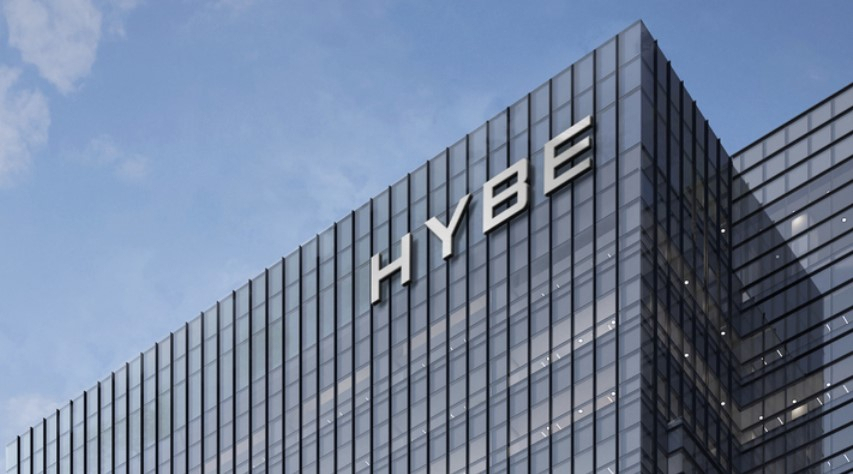
Hybe, the company behind K-pop sensation BTS, has achieved a significant milestone by being named a conglomerate by South Korea's antitrust regulator, marking the first time a Korean entertainment firm has received this designation. This recognition comes as Hybe's assets have grown to meet the stringent requirements for conglomerate status, with the Fair Trade Commission listing the company alongside five others. The inclusion of Hybe as a conglomerate is attributed to the immense popularity and profitability of BTS, as well as the company's active involvement in mergers and acquisitions. With the consolidated assets of its 65 subsidiaries surpassing 5 trillion won, Hybe now faces heightened obligations and scrutiny, leading to both industry and shareholder interest in the potential impact of this designation. While the designation as a conglomerate presents increased obligations for Hybe, it also signifies the company's robust position and growth potential within the entertainment industry. Market observers believe that this recognition reflects the industry's development and Hybe's influential status, offering both risks and opportunities for the company. From a management perspective, however, the conglomerate status brings challenges such as the disclosure of stock-holding information and internal transaction regulations, particularly concerning its affiliates and artist contracts. Despite the increased regulation, legal experts suggest that the level of scrutiny faced by Hybe may be less intense compared to that of existing mid-sized companies. Overall, the designation as a conglomerate represents a significant milestone for Hybe and the broader entertainment industry, signaling its growth and influence while also presenting new management challenges.
